Filter staff:
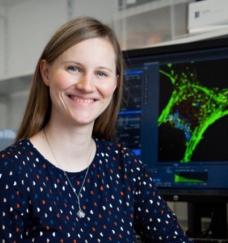
Dr Antonina Kruppa
Fellow

Dr Antonina Kruppa
Fellow
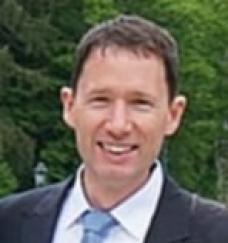
Dr Arnaud Comment
Friend of St Edmund's

Dr Arnaud Comment
Friend of St Edmund's
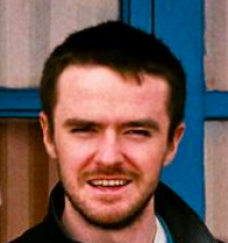
Dr Barry Colfer
Fellow

Dr Barry Colfer
Fellow
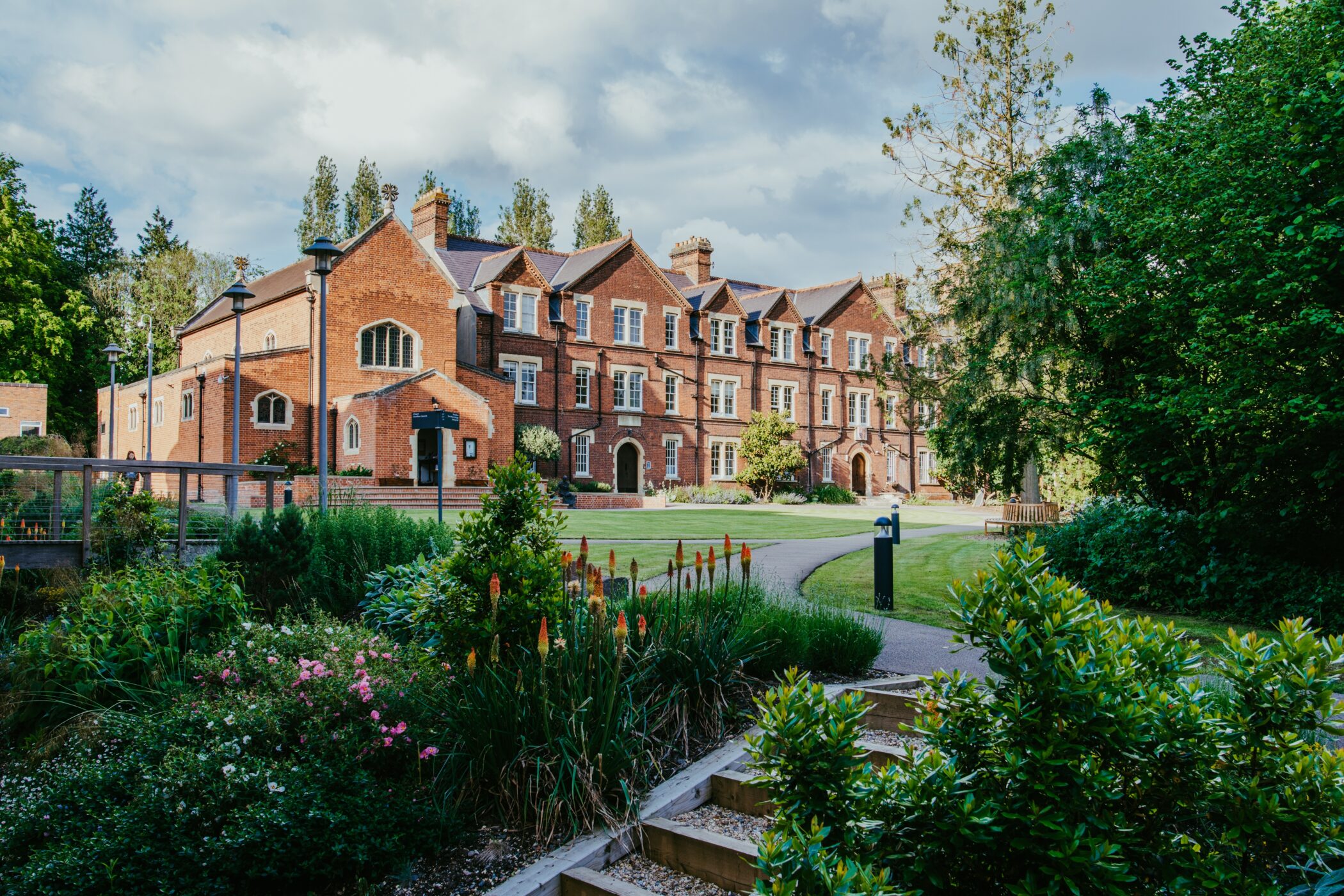
Dr Becky Shercliff
Director of Studies

Dr Becky Shercliff
Director of Studies
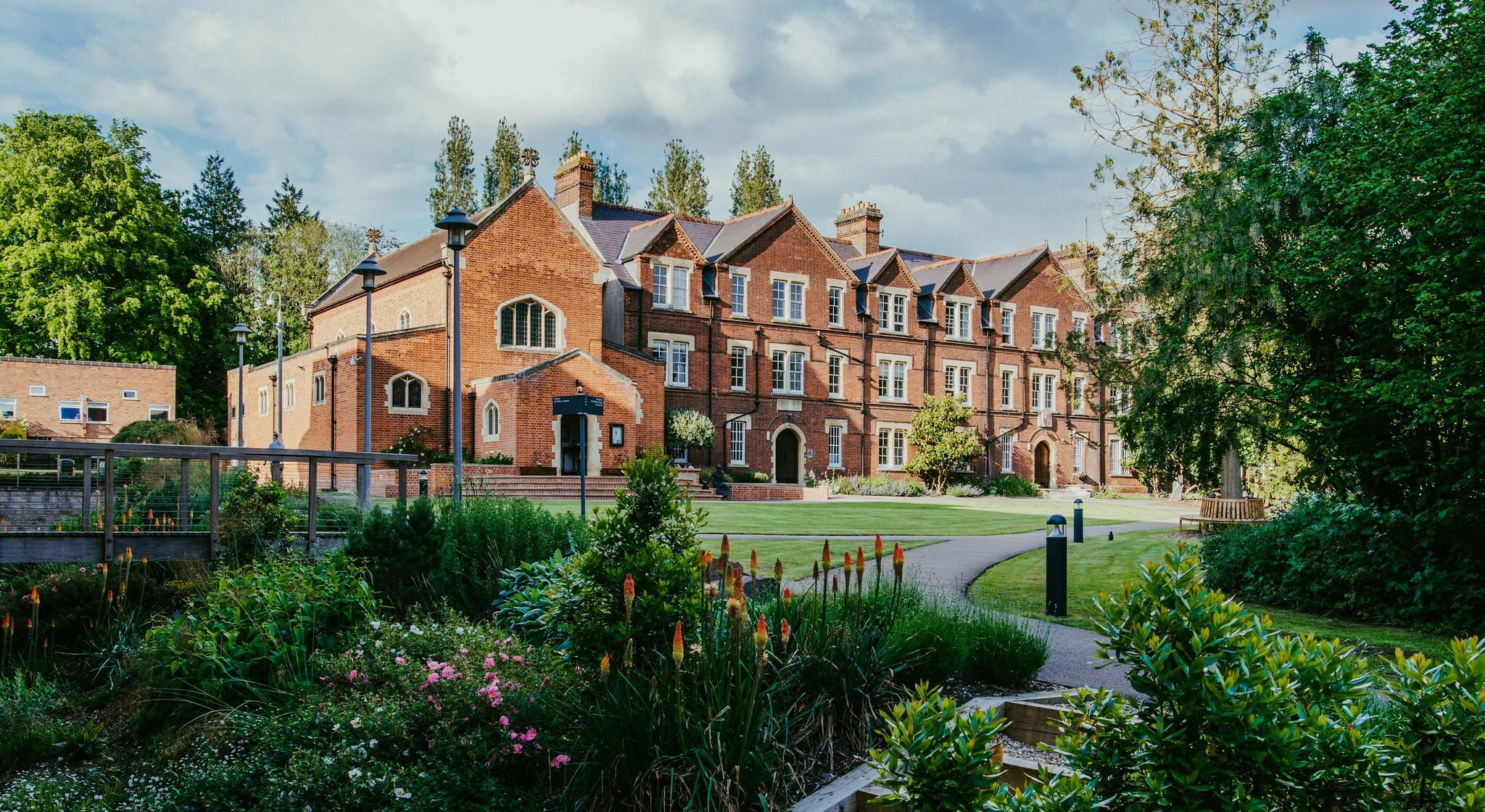
Dr Bernadette O’Keeffe
Emeritus Fellow

Dr Bernadette O’Keeffe
Emeritus Fellow
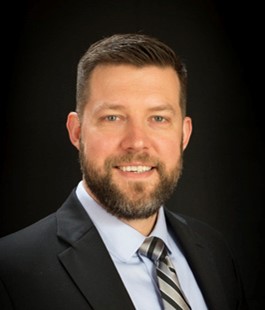
Dr Caleb Howard
Bye-Fellow

Dr Caleb Howard
Bye-Fellow
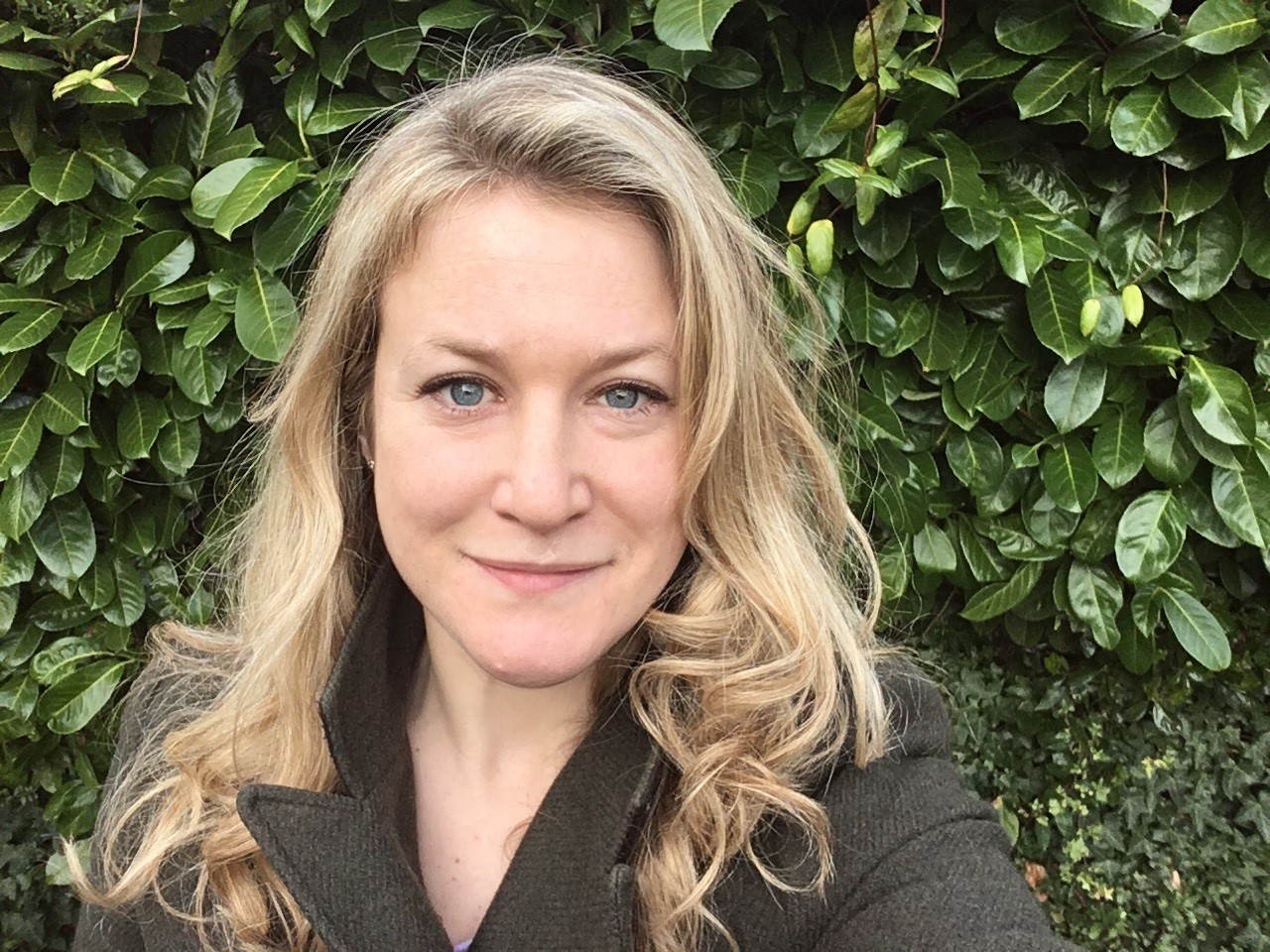
Dr Camilla Benfield
Tutor and Bye-Fellow

Dr Camilla Benfield
Tutor and Bye-Fellow
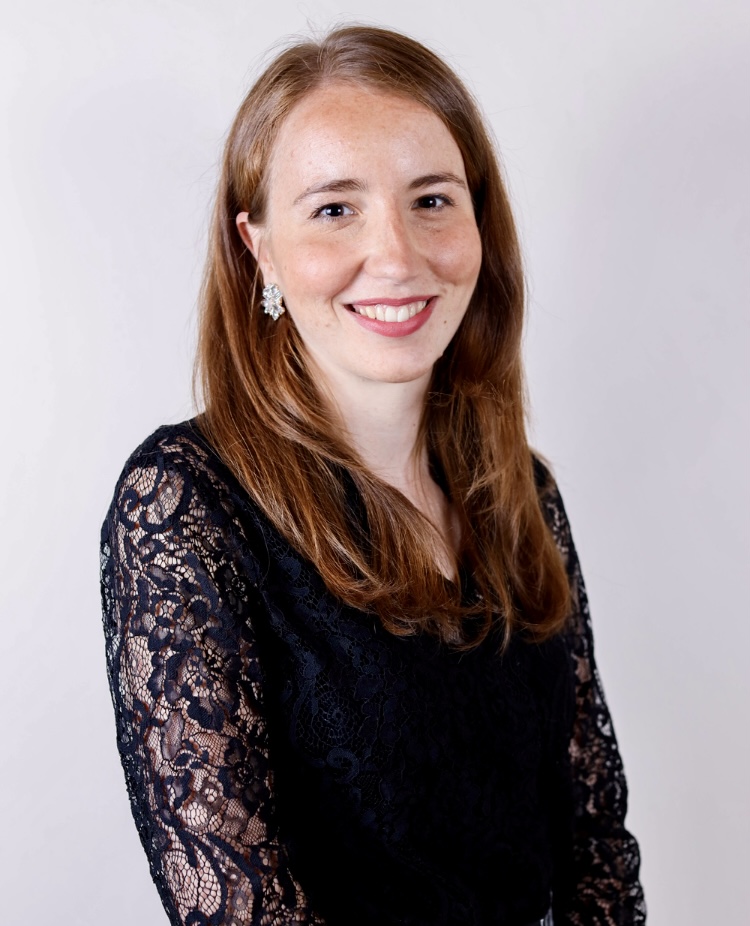
Dr Caterina Milo
Research Associate

Dr Caterina Milo
Research Associate
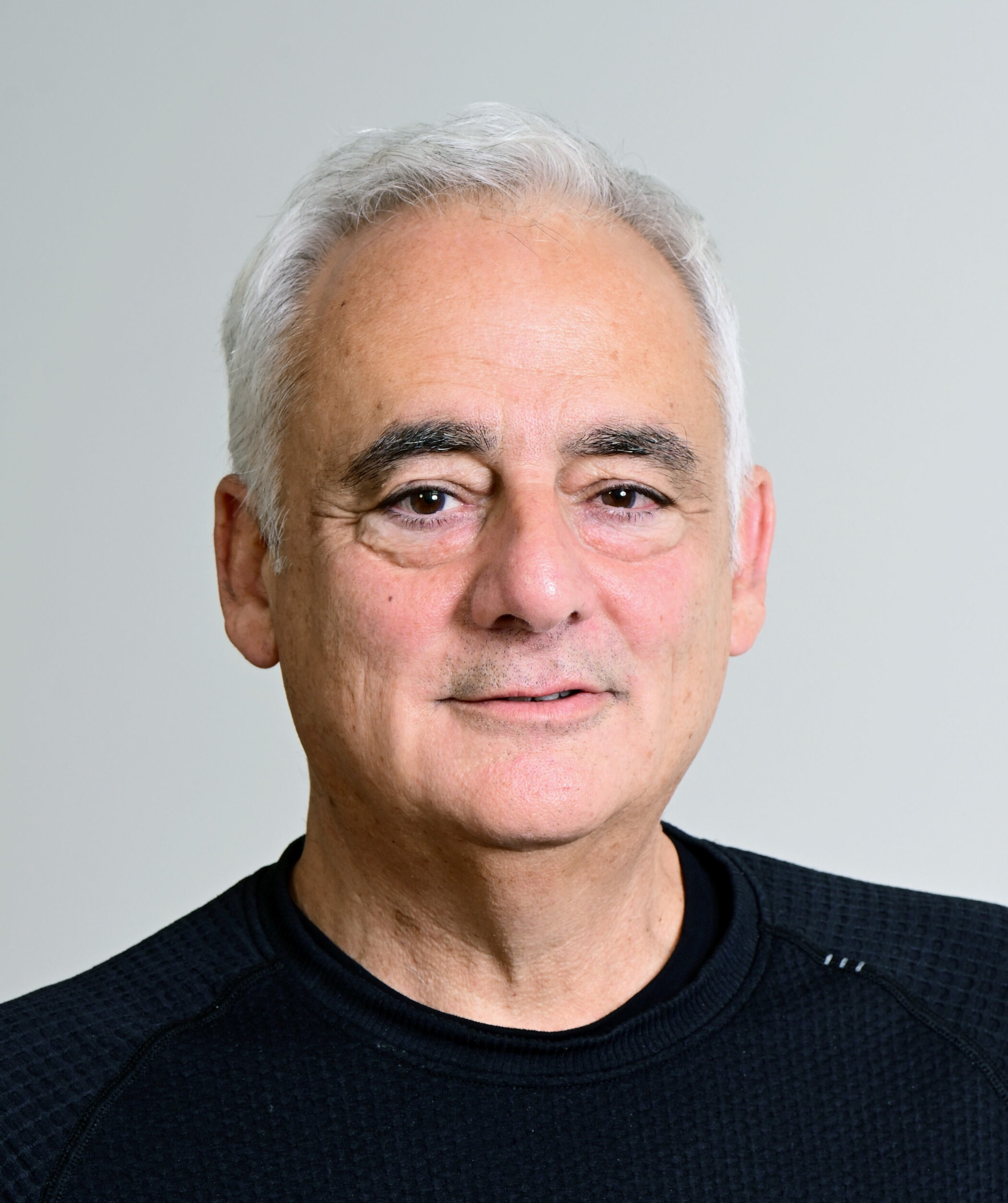
Dr Charles Asher Small
Research Fellow

Dr Charles Asher Small
Research Fellow
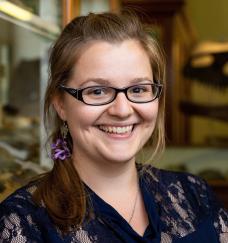
Dr Charlotte Kenchington
Fellow, Director of Studies, Tutor, Deputy Praelector

Dr Charlotte Kenchington
Fellow, Director of Studies, Tutor, Deputy Praelector
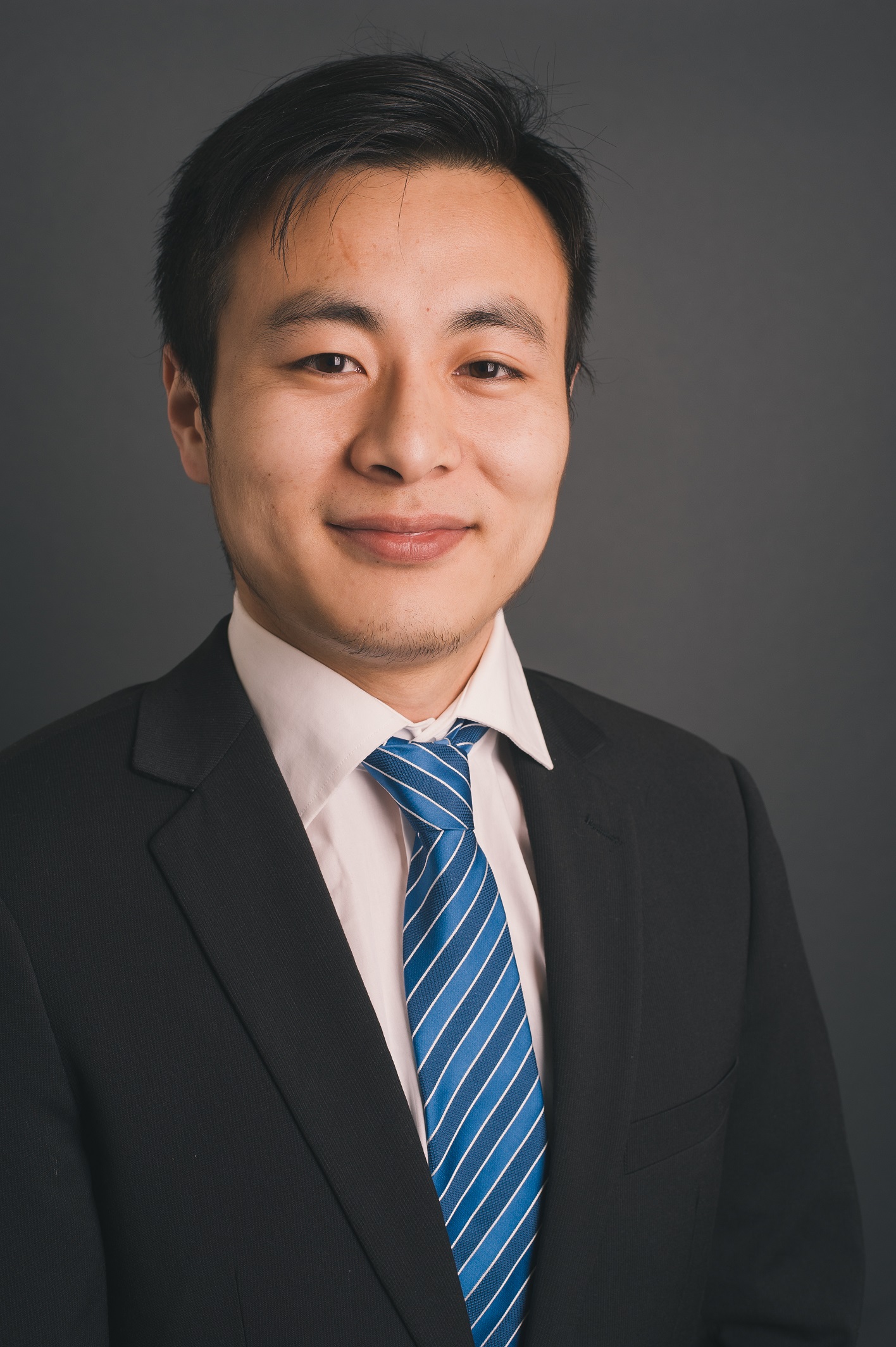
Dr Chen Chen
Post Doctoral Research Associate

Dr Chen Chen
Post Doctoral Research Associate
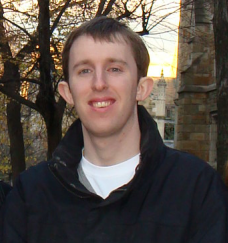
Dr Chris Heath
Bye-Fellow

Dr Chris Heath
Bye-Fellow

